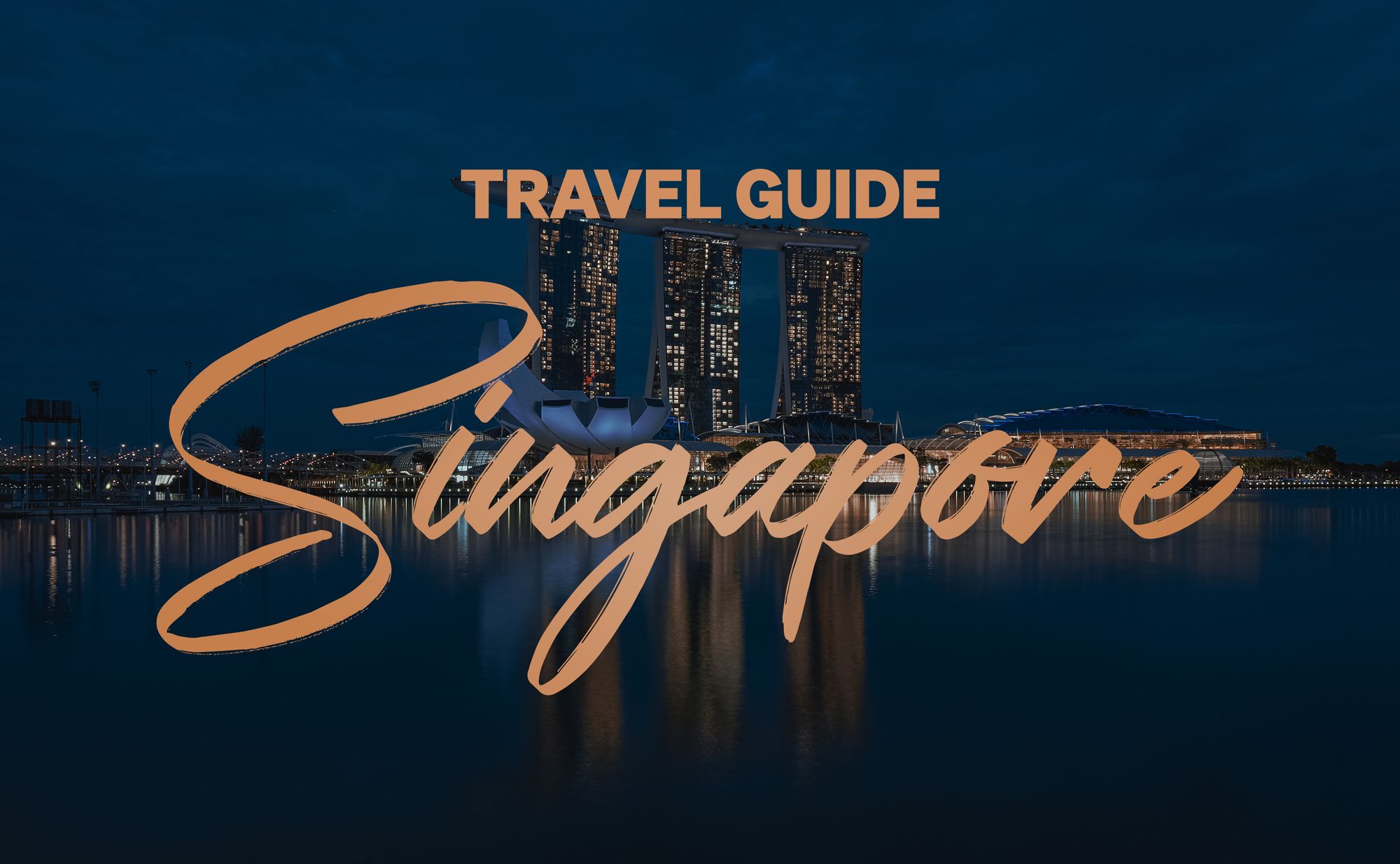Singapore, known for its modern skyline, vibrant culture, and strict cleanliness standards, is a popular destination for tourists, business travelers, and expatriates. Understanding Singapore’s visa laws is crucial for ensuring a smooth entry into this city-state. This guide provides an overview of the different types of visas available, the application process, and recent updates to Singapore’s visa policies.
Types of Visas for Singapore
Singapore offers various types of visas depending on the purpose of the visit. Here are the primary categories:
- Tourist Visa (Social Visit Visa): This visa is for travelers who wish to visit Singapore for leisure, sightseeing, or visiting family and friends. It is typically valid for short stays up to 30 or 90 days, depending on the traveler’s nationality.
- Business Visa: Issued to individuals who are visiting Singapore for business meetings, conferences, or other professional purposes. This visa allows for short stays, generally up to 30 days.
- Student Visa (Student Pass): For those who intend to study in Singapore at a recognized educational institution. The Student Pass is required for courses longer than 30 days.
- Employment Pass: For foreign professionals, managers, and executives who have a job offer in Singapore. It requires a minimum monthly salary and acceptable qualifications.
- S Pass: For mid-skilled workers with job offers in Singapore. The S Pass has specific requirements related to salary and qualifications.
- Dependent Pass: For dependents (spouse and children) of Employment Pass or S Pass holders. It allows family members to stay in Singapore while the primary visa holder works.
- Long-Term Visit Pass: For spouses, children, or other dependents of Employment Pass or S Pass holders who wish to stay in Singapore for an extended period.
Application Process
Applying for a visa to Singapore involves several steps:
- Determine the Visa Type: Based on your purpose of visit, select the appropriate visa category.
- Prepare Documentation: Gather the necessary documents, which may include:
- A completed visa application form
- A valid passport with at least six months of validity
- A recent passport-sized photograph
- Proof of travel arrangements (flight tickets, hotel bookings)
- Financial statements or employment letters (for business or employment visas)
- Invitation letter (if applicable)
- Submit Application: Applications can be submitted online through the Immigration and Checkpoints Authority (ICA) or through authorized visa agents. For some visa types, applications may need to be made at Singapore’s overseas missions.
- Pay the Visa Fee: Visa fees vary by type and are generally paid online during the application process.
- Processing Time: Processing times typically range from 1 to 4 weeks. It’s advisable to apply well in advance of your intended travel date.
- Receive Your Visa: Approved visas are usually issued as an electronic visa, which must be presented at immigration checkpoints.
Recent Changes and Updates
Singapore’s visa policies are regularly updated to respond to changing global conditions and domestic needs. Recent updates include:
- Enhanced Security Measures: In response to global security concerns, Singapore has strengthened its visa screening processes. Travelers may be required to provide additional documentation or undergo additional checks.
- COVID-19 Regulations: Due to the COVID-19 pandemic, Singapore implemented temporary entry restrictions and requirements, including pre-departure testing and quarantine measures. While many of these measures have been eased, travelers should check for any current health-related requirements.
- Digital Initiatives: Singapore continues to streamline its visa application process through digital platforms, making it more efficient for travelers to apply and track their visa status.
- Policy Updates for Long-Term Passes: The criteria for Long-Term Visit Passes and dependent visas have been adjusted to better align with Singapore’s labor and immigration policies.
Tips for a Smooth Application
- Verify Requirements: Double-check the specific requirements for your visa type and ensure all documents are in order.
- Apply Early: Submit your visa application well in advance to account for any potential delays.
- Stay Informed: Regularly check the official Immigration and Checkpoints Authority (ICA) website or consult with authorized visa agents for the latest updates.

Conclusion
Navigating Singapore’s visa laws requires careful attention to detail and adherence to the application process. Whether you’re visiting for tourism, business, or employment, understanding the visa requirements and staying informed about recent updates will ensure a smooth entry into this dynamic city-state. By following the guidelines and preparing in advance, travelers can enjoy all that Singapore has to offer with confidence and ease.









